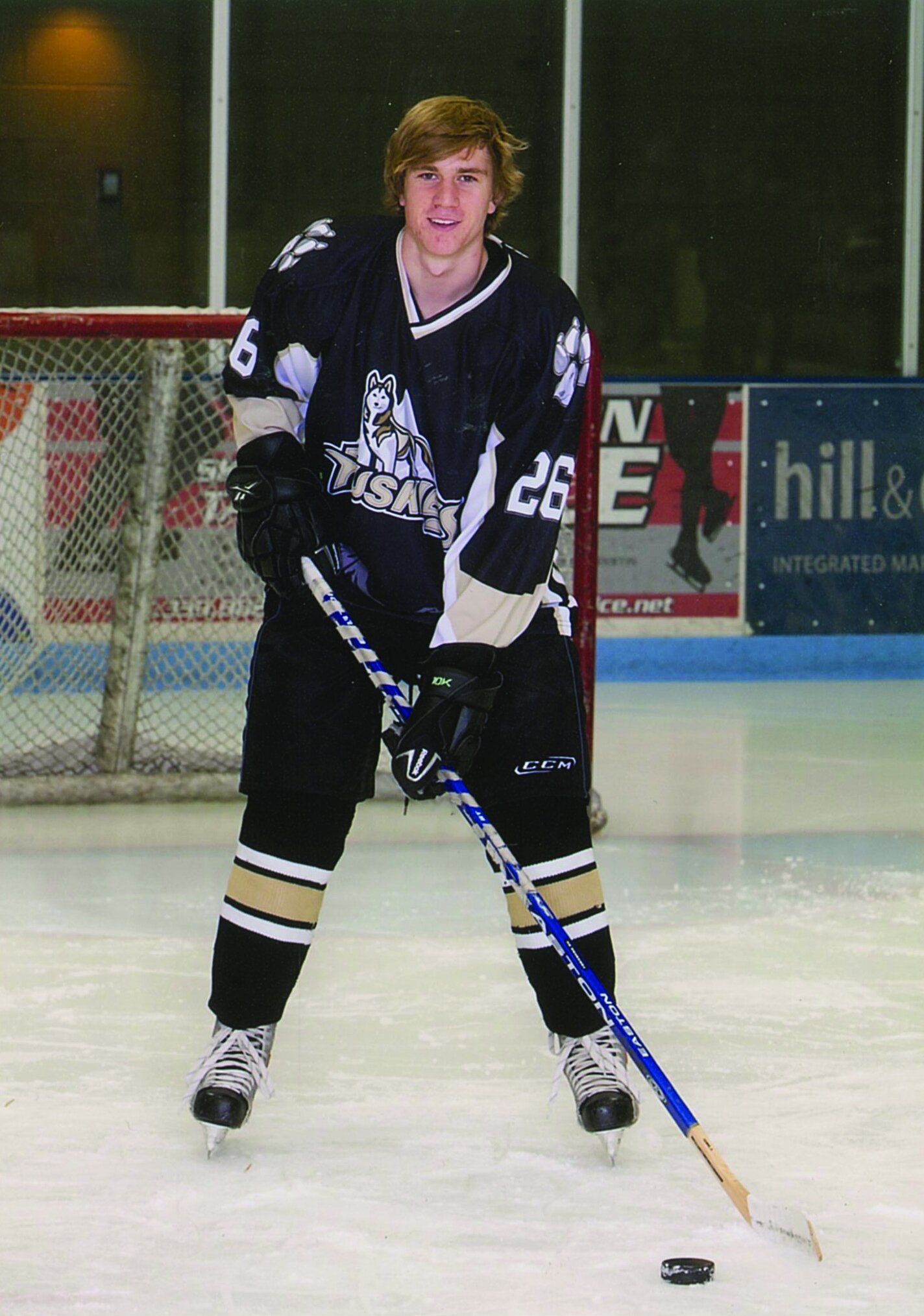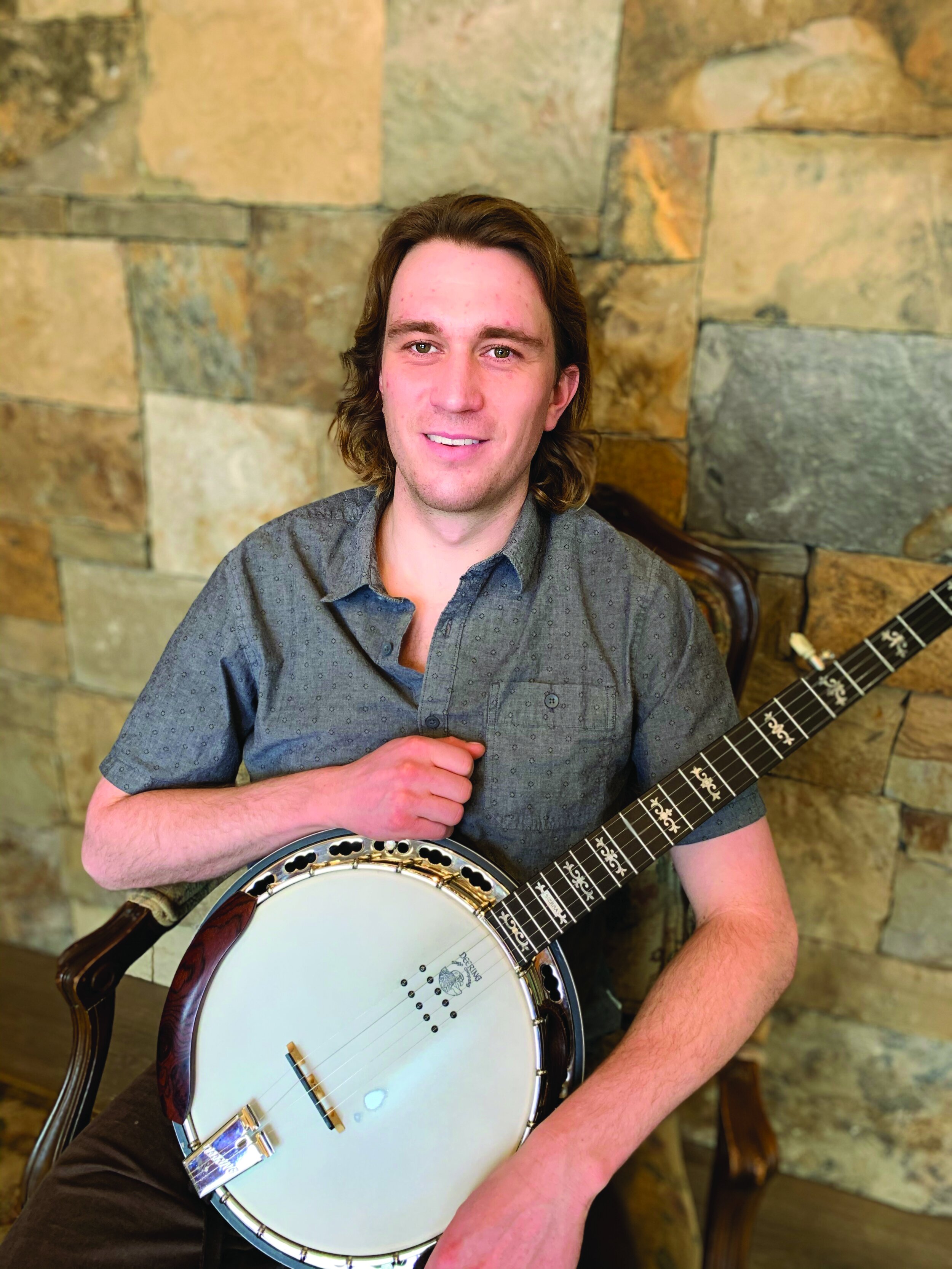Athlete Profile: Christopher Davis
As an athlete living in the mountains, the risk of having a concussion increases, but the effects of them remain the same. Some of us can rebound to keep living life normally, while others end up with lasting damage. This story is about an athlete with a traumatic brain injury (TBI). His name is Christopher Davis, and he grew up having an active mountain kid life in Vail, Colorado. Now, 10 years after his series of concussions that left him with irreversible brain damage, he strives to be a spokesman for people who have a TBI by building more awareness to life-altering effects beyond a couple helmet collisions.
He courageously shares his story with Spoke+Blossom to help other people who may have hit their head one too many times know they are not alone in their struggle and there is a community of support for them. I caught up with Davis through his involvement with an Eagle Valley Behavioral Health organization called Heads Up for Hope to hear how his life has changed since having a TBI.
Photos courtesy of Leslie Davis
At 17 years old, Davis was in his senior year at Battle Mountain High School when, in the course of one-and-a-half months, he suffered six concussions. He was in a preseason hockey tournament where between the first and final game in the playoffs he suffered two big hits to his head. He knew something was wrong and followed up with doctor visits, which left him on a three-week resting period. He said his last game of the preseason was a solid performance and was glad to have this memory of his athletic career; however, he ended it with another elbow to the head.
Davis finished high school with the help of good teachers who understood and supported him throughout many more doctor visits. Davis was not alone in his battle, the Center for Disease Control reports a growing number of TBIs in Americans since 2006. Effects of a TBI impair memory, movement, sensation (vision and hearing) or emotional functioning (personality changes and depression). Survivors of a TBI can face effects that last a few days or the rest of their lives. These issues not only affect individuals but also can have lasting effects on families and communities.
Davis went on to college in Durango, but without a close support system fell into old habits which inhibited his healing. He openly admits to having a history of drug and alcohol abuse which he battled in college. He knew to recover from his symptoms he had to get off, which he did.
“I accept my past and I don’t want to change it,” he reflects. This acceptance is a part of his constant process of healing. “Instead of finding the root of your issues it’s just being mindful of how you are actually feeling.”
Over the past six years, he’s visited two in-patient recovery programs in Colorado, specialty doctors of every sort and has medications to assist him in his chronic pain. He credits his therapist as being the most helpful in his healing process. He describes learning about his brain injury as finding gold but always losing it.
“I got a little gold nugget from each experience and put it in my pocket, but then it might fall out in the wash,” he shares.
“I wish I could reach out to my younger self and tell him this was a serious injury; the symptoms that you have may feel minor but are really serious,” he says. “I look back on my athletic history, and I can count maybe 15 times when I potentially had a concussion, but I don’t want to be afraid of these memories as they prevent me from living my life now.”
Davis played hockey, lacrosse and was an avid skier as a teen. Now his athletic outlet is hiking since it’s the only low-impact outdoor activity he can currently do. Unfortunately, he has chronic pain in his back, neck and hands from the trauma of past injuries and overuse. He is getting into cross-country skiing and skate skiing and would like to add volleyball to participate in team sports again. He spends his free time playing music and hopes to get his hands good enough to play a gig one day.
“One thing that has been really big for me is outreach to help me in my journey,” he says. “If I’m not talking about my problems then I’m making them into a reality.” Heads Up for Hope is a community support system that he finds valuable to connect with people, make friendships and offer advice from sharing stories.
“There is someone out there who might have a horrible experience and feel guilty,” he says, “but they should know they are not alone in their struggles.”
Originally published in the Spring 2021 issue


